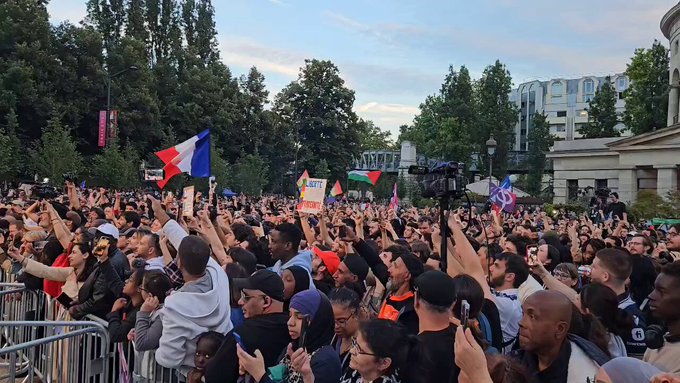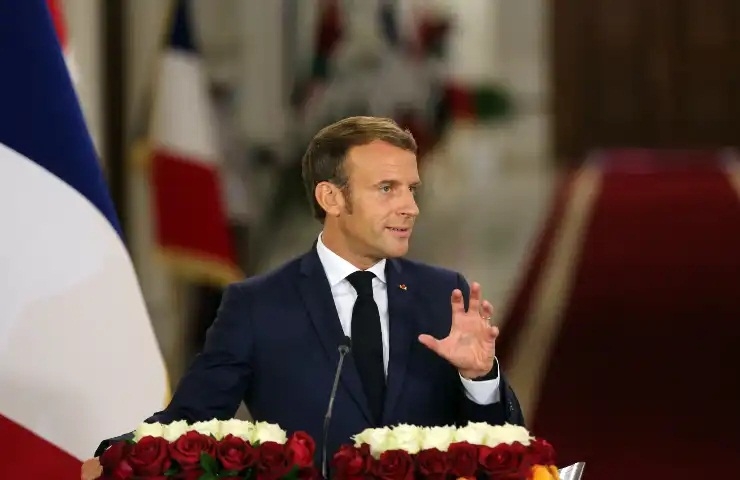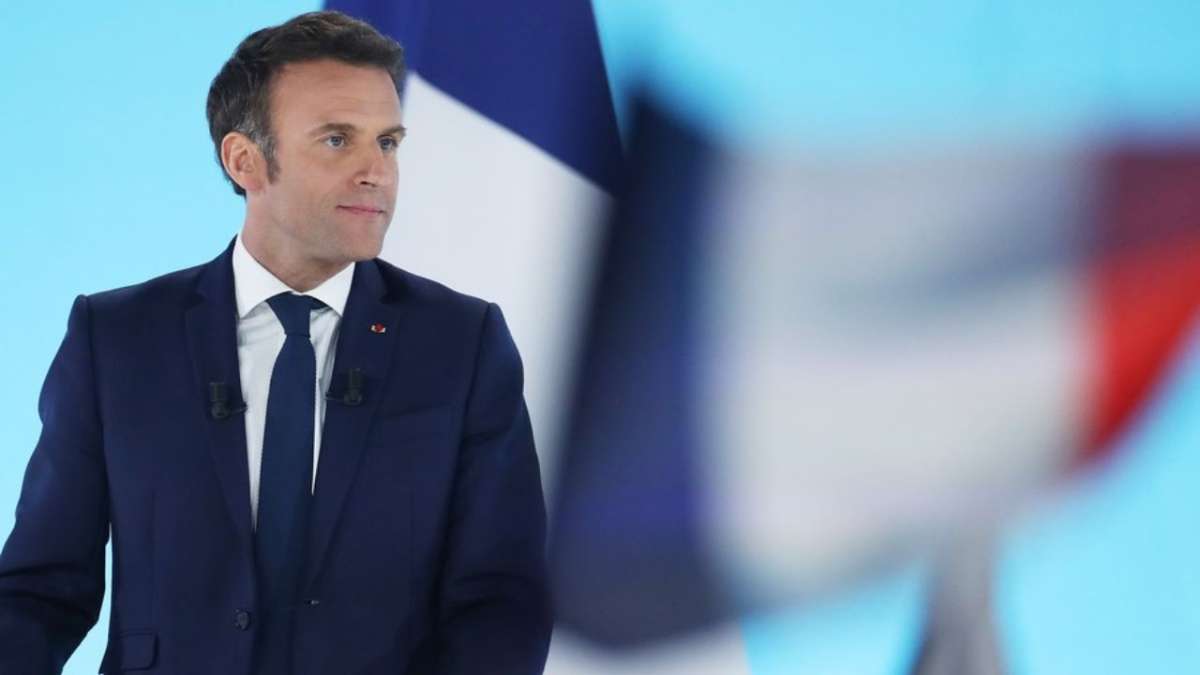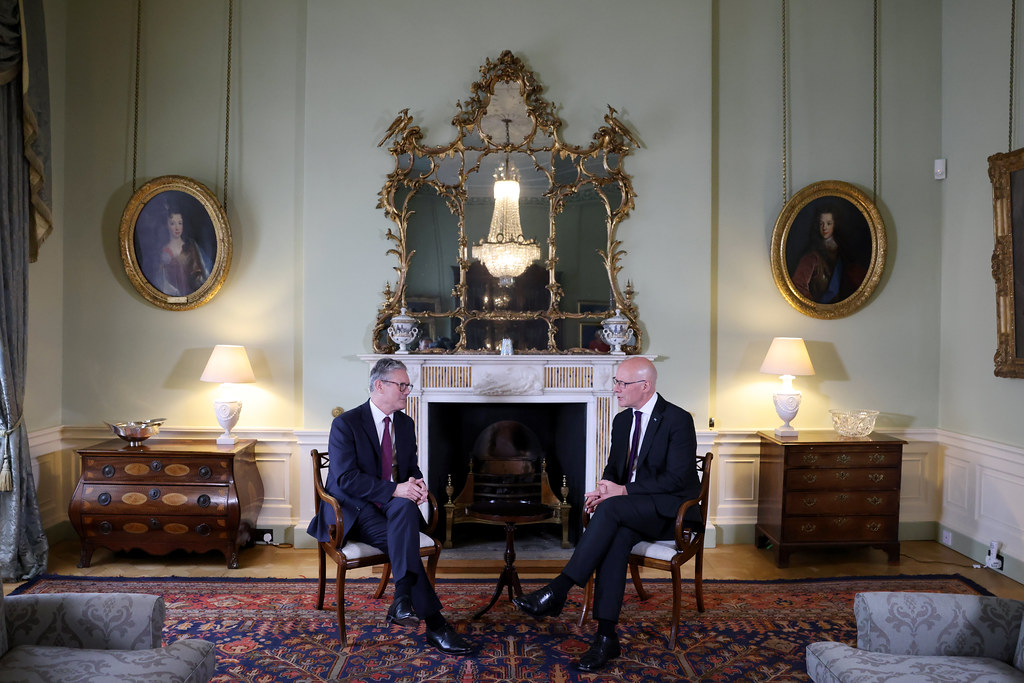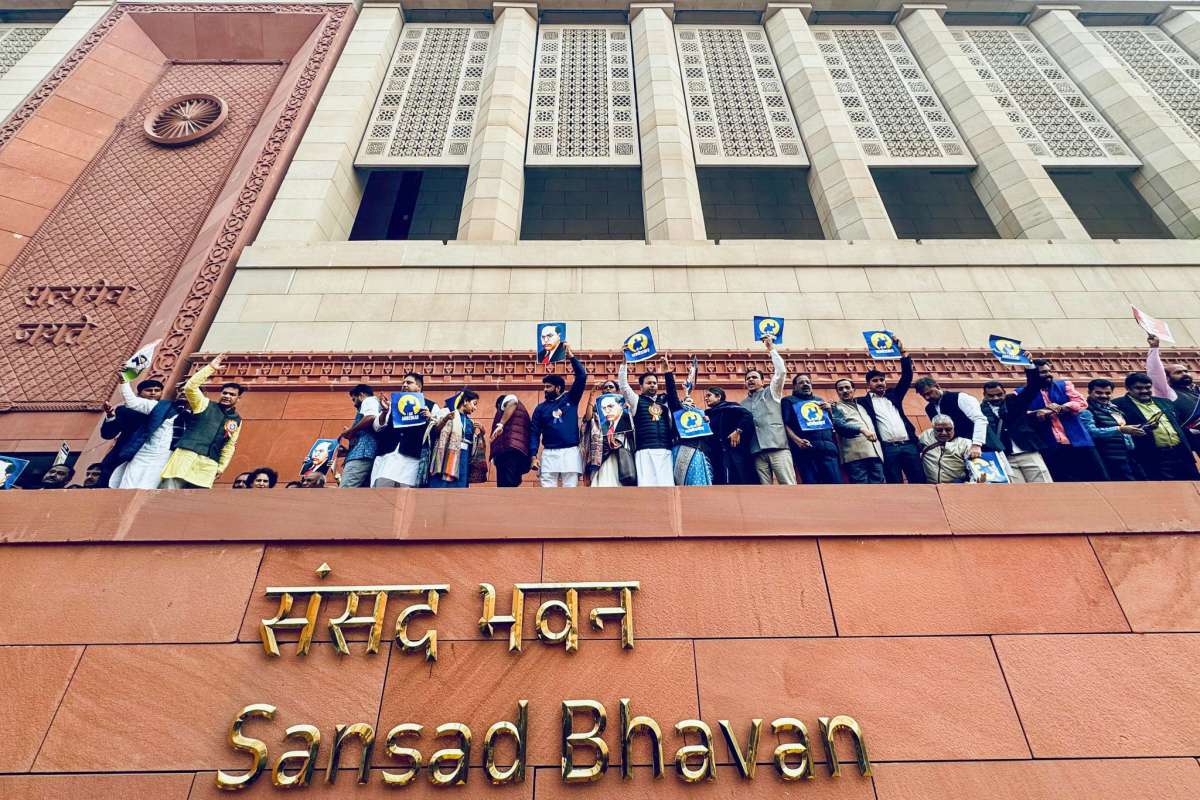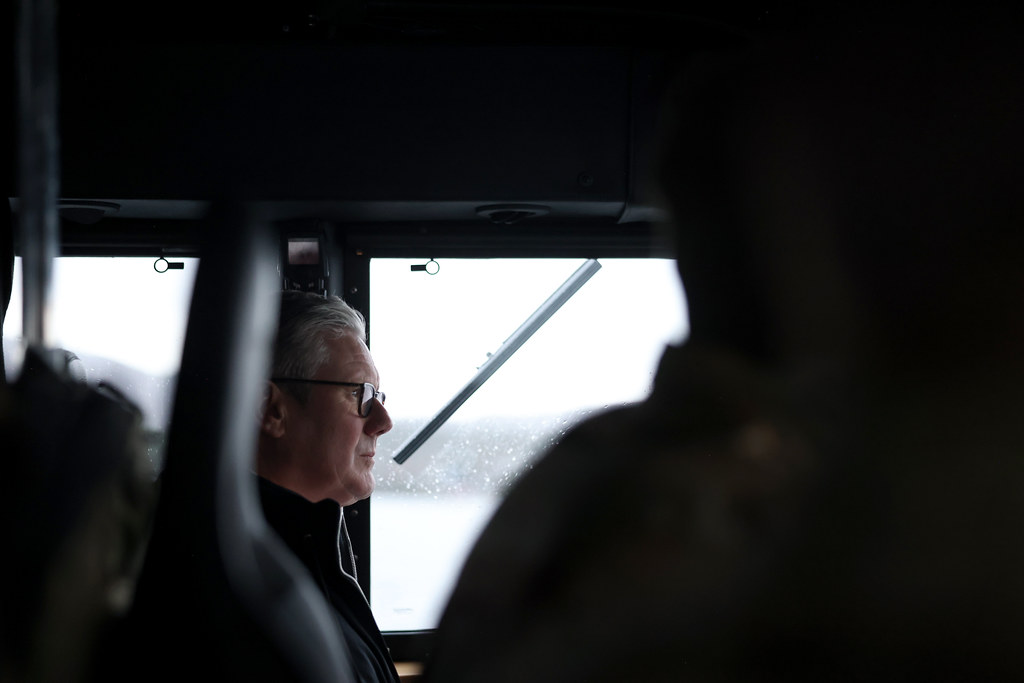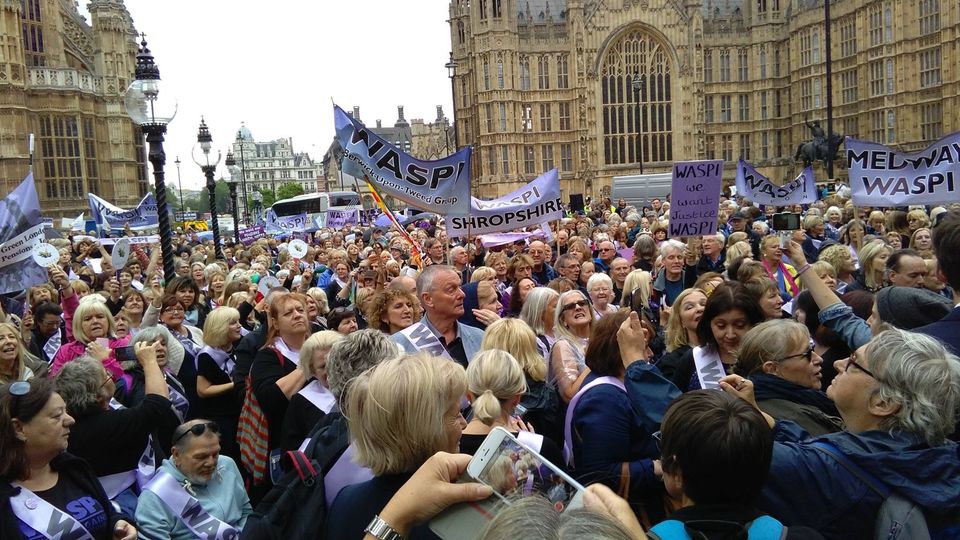The political turmoil could rattle markets and the French economy, the EU’s second-largest, and have far-ranging implications for the war in Ukraine, global diplomacy and Europe’s economic stability…reports Asian Lite News
A coalition of the French left won the most seats in high-stakes legislative elections Sunday, beating back a far-right surge but failing to win a majority. The outcome left France, a pillar of the European Union and Olympic host country, facing the stunning prospect of a hung parliament and political paralysis.
The political turmoil could rattle markets and the French economy, the EU’s second-largest, and have far-ranging implications for the war in Ukraine, global diplomacy and Europe’s economic stability.
In calling the election on June 9, after the far right surged in French voting for the European Parliament, President Emmanuel Macron said turning to voters again would provide “clarification.”
On almost every level, that gamble appears to have backfired. According to the official results released early Monday, all three main blocs fell far short of the 289 seats needed to control the 577-seat National Assembly, the more powerful of France’s two legislative chambers.
The results showed just over 180 seats for the New Popular Front leftist coalition, which placed first, ahead of Macron’s centrist alliance, with more than 160 seats. Marine Le Pen’s far-right National Rally and its allies were restricted to third place, although their more than 140 seats were still way ahead of the party’s previous best showing — 89 seats in 2022.
“Our country is facing an unprecedented political situation and is preparing to welcome the world in a few weeks,” said Prime Minister Gabriel Attal, who plans to offer his resignation later in the day.
With the Paris Olympics looming, Attal said he was ready to stay at his post “as long as duty demands.” Macron has three years remaining on his presidential term.
Attal made clearer than ever his disapproval of Macron’s shock decision to call the election, saying “I didn’t choose this dissolution” of the outgoing National Assembly, where the president’s centrist alliance used to be single biggest group, albeit without an absolute majority. Still, it was able to govern for two years, pulling in lawmakers from other camps to fight off efforts to bring it down.
The new legislature appears shorn of such stability. When Macron flies to Washington for a summit this week of the NATO alliance, he will leave a country with no clear idea who may be its next prime minister and facing the prospect that the president may be obliged to share power with a politician deeply opposed to his policies.
Still, many rejoiced. In Paris’ Stalingrad square, supporters on the left cheered and applauded as projections showing the alliance ahead flashed up on a giant screen. Cries of joy also rang out in Republique plaza in eastern Paris, with people spontaneously hugging strangers and several minutes of nonstop applause after the projections landed.
Even before votes were cast, the election redrew France’s political map. It galvanized parties on the left to put differences aside and join together in the new leftist alliance. It pledges to roll back many of Macron’s headline reforms, embark on a massively costly program of public spending and take a far tougher line against Israel because of the war with Hamas.
Macron described the left’s coalition as “extreme” and warned that its economic program of many tens of billions of euros in public spending, partly financed by tax hikes for high earners and on wealth, could be ruinous for France, already criticized by EU watchdogs for its debt.
Yet, the New Popular Front’s leaders immediately pushed Macron to give the alliance the first chance to form a government and propose a prime minister.
The most prominent of the leftist coalition’s leaders, Jean-Luc Mélenchon, said it “is ready to govern.”
While the National Rally took more seats than ever, the anti-immigration party with historical links to antisemitism and racism fell far short of its hopes of securing an absolute majority that would have given France its first far-right government since World War II.
“Disappointed, disappointed,” said far-right supporter Luc Doumont, 66. “Well, happy to see our progression, because for the past few years we’ve been doing better.”
After the party finished top of the first-round vote last weekend, its rivals worked to dash its hopes of outright victory Sunday, by strategically withdrawing candidates from many districts. That left many far-right candidates in head-to-head contests against just one opponent, making it harder for them to win.
Many voters decided that keeping the far right from power was more important to them than anything else, backing its opponents in the runoff, even if they weren’t from the political camp they usually support.
Still, National Rally leader Le Pen, expected to make a fourth run for the French presidency in 2027, said the elections laid the groundwork for “the victory of tomorrow.”
“The reality is that our victory is only deferred,” she added. But Le Pen’s older sister, Marie-Caroline, was among her party’s losers Sunday, defeated by a leftist candidate and just 225 votes in her district.
Unlike other countries in Europe that are more accustomed to coalition governments, France doesn’t have a tradition of lawmakers from rival political camps coming together to form a majority. France is also more centralized than many other European countries, with many more decisions made in Paris.
The president was hoping that with France’s fate in their hands, voters might shift from the far right and left and return to mainstream parties closer to the center — where Macron found much of the support that won him the presidency in 2017 and again in 2022.
ALSO READ-France to supply Mirage warplanes to Ukraine, says Macron
